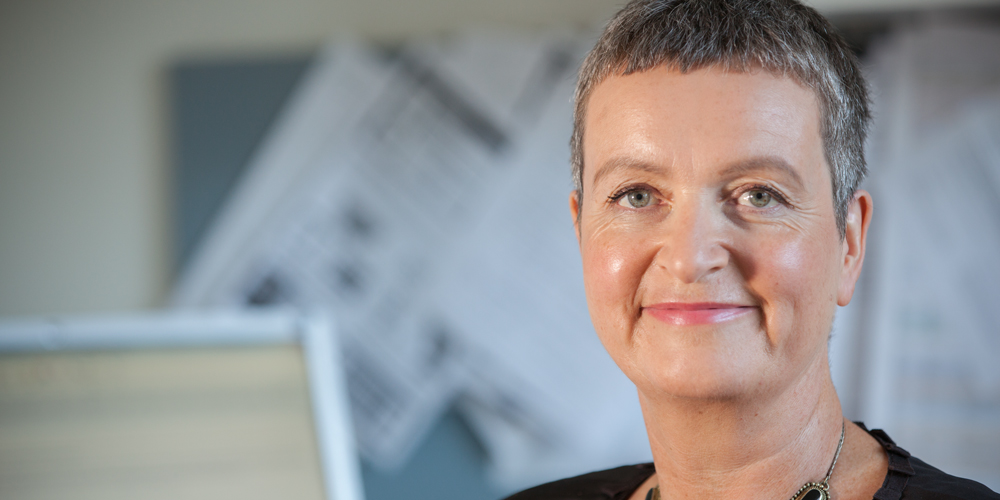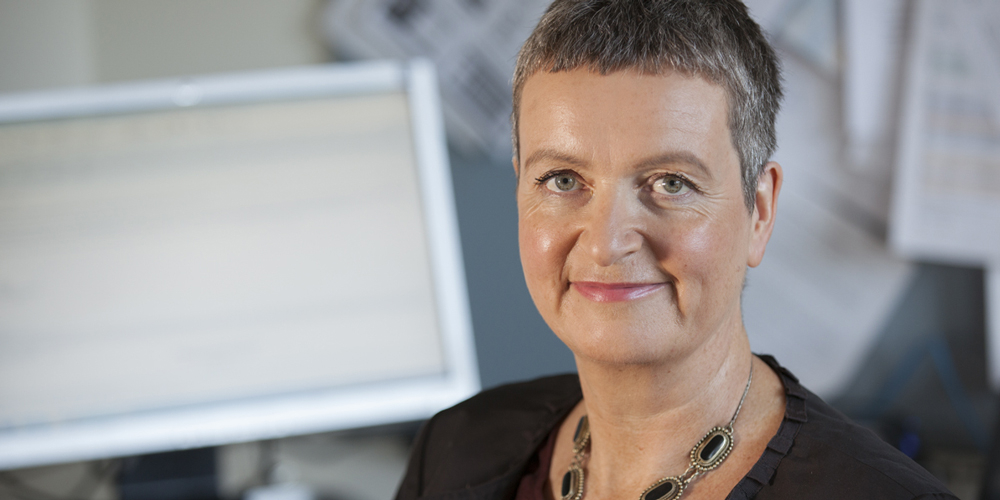
Victorian women are invited to join a world-first study to investigate how menopause affects women after their ovaries have been removed to reduce their cancer risk.
The Women’s Health After Surgical Menopause (WHAM) study is recruiting women aged 18-50 both with and without ovarian cancer-causing gene mutations.
Current participant Cathy Oke was featured in the Sunday Herald Sun describing how tracing her family tree had led to the discovery she had a 70 per cent chance of developing ovarian cancer.
The Melbourne City Councillor and mother-of-one discovered a strong pattern of cancer down one line of the family tree, which was identified as Lynch Syndrome, a genetic mutation that predisposes carriers to a range of cancers.
Dr Oke, who has a PhD in genetics and works at the University of Melbourne’s Clean Air and Urban Landscapes Hub, then made the tough decision to have her ovaries removed at the Women’s last year.
“Through all of the stress, I had to remind myself that I was lucky to be tested and to have the opportunity to be made aware (of the risks),” Dr Oke said.
“We wouldn’t have known about this (if not for the family tree research)”.
Led by Professor Martha Hickey, the WHAM study assesses women both with and without the gene mutations to investigate the benefits and harms of oophorectomy (surgical removal of the ovaries).
“Women want to know, first hand, what to expect following surgery and that is the aim of this study. WHAM will help us provide accurate, evident-based advice to help women make an informed choice,” Prof Hickey said.
The removal of normal fallopian tubes and ovaries in a woman who carries the BRCA1 or 2 gene mutation reduces her ovarian cancer risk by more than 90 per cent and her breast cancer risk by up to 50 per cent.
However, Prof Hickey said little was known about the impact on quality of life, wellbeing and sexual function following surgery.
“While we know it reduces fear of cancer, our early studies show that nearly half of all young women have persistent hot flushes and severe sexual dysfunction following surgery,” she said.
“The women involved in this study will help us to better understand the impact, which will inform future clinical practice so we can better manage this.”
The study involves four visits to the Women’s over two years where participants will undergo blood tests, bone density scanning and complete questionnaires about their sexual well-being, menopause symptoms and test their memory and verbal learning.
To register your interest, email gynaecology.research@thewomens.org.au or phone (03) 8345 3719.

